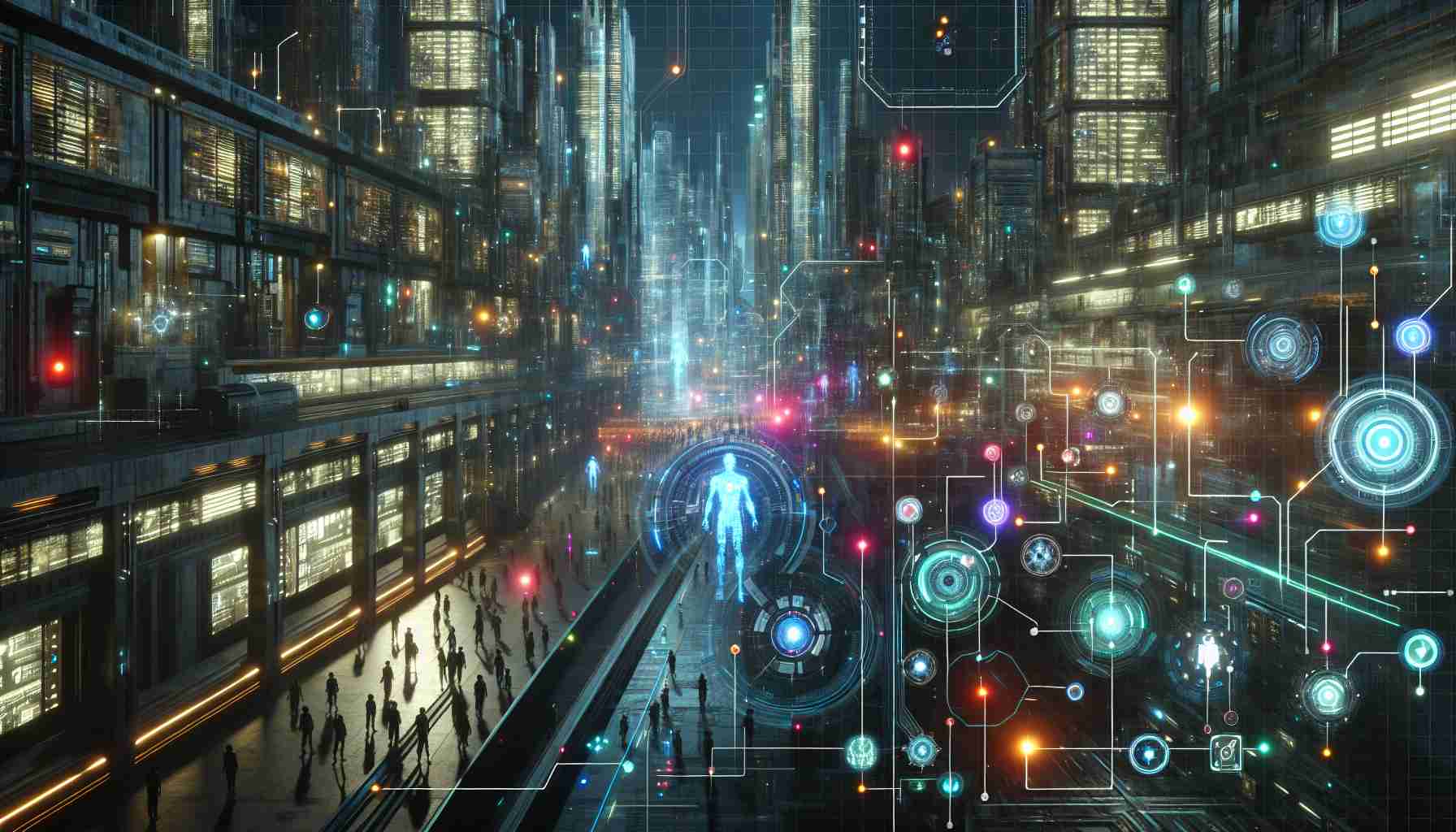In an era where videogames are constantly evolving, one classic game from 24 years ago, Deus Ex, stands out for its intricately designed world that supports realistic and unintentional interactions, like a piece of paper triggering a laser trap. This principle of “immersive simulation” allows gamers to ponder if their in-game actions will work within this logically crafted universe. Recently, a conference demo revealed new AI-driven technologies aiming to enhance the gaming experience by enabling players to talk to game characters with natural speech. This concept was demonstrated with Nvidia’s cutting-edge “digital human technologies suite” utilized in two games which showcased NPCs that could understand speech and provide unscripted responses.
This summary dives into the current state of gaming AI, juxtaposing the immersive world of Deus Ex against the fresh promise of AI-driven non-player character (NPC) interactions. Even though modern demos like Inworld AI’s Covert Protocol exhibit promising features, their real-world application seems limited. AI can create natural-sounding conversations, but these interactions haven’t yet reached the depth where they can significantly influence the game’s direction or outcomes compared to the dynamic environment interactions of Deus Ex.
The emerging AI technology in gaming highlights a divide between scripted character depth and dynamic, yet potentially superficial, dialogue-driven interactions. As the industry invests in developing more believable NPC conversations, the question remains whether this technology will enhance the gaming experience or merely serve as a novel feature. The challenge lies in blending unscripted dialogues with meaningful game mechanics that will enrich narratives and captivate players in the same way that Deus Ex’s world did years ago.
The Gaming Industry at the Forefront of AI Integration
The gaming industry has been a crucible for technological innovation, and the integration of AI has been one of its most exciting frontiers. The evolution from the days of Deus Ex, with its deep interaction systems, to the nascent technologies that allow for more natural conversations between players and NPCs, signifies the industry’s commitment to immersive storytelling and realistic gaming environments.
AI in gaming is not just about enhancing NPC interactions; it’s also being used for improving game design, optimizing user experiences, and even managing in-game economies. As the technology progresses, market forecasts suggest that the value of AI in the gaming industry will continue to grow substantially. Research indicates that AI in the gaming market size is expected to expand at a significant CAGR, reflecting investment in new technologies such as machine learning, natural language processing, and neural networks.
The unfolding utilization of AI within games raises questions beyond programming challenges—the ethical dimensions of AI characters and the potential for AI to impact player decision-making also loom large. Industry leaders are tasked not only with the technical side but also with addressing the potential impact on players who may form attachments or have emotional responses to sophisticated AI characters.
Challenges and Opportunities in AI-Driven Gaming
Despite the exciting advancements, there are hurdles to overcome. Achieving a level of AI interaction that is both deep and meaningful continues to challenge developers. Players expect not just responsive NPCs but also characters that can adapt and react in nuanced ways to the evolving game world and the player’s actions within it. An AI-driven character must be more than a novelty; it should offer an interaction that feels as potentially significant as the environment puzzles in the original Deus Ex.
Furthermore, there are technical constraints such as the need for sophisticated voice recognition software, contextual understanding, and appropriate emotional responses. These aspects are critical for creating believable characters and require vast amounts of data and machine learning to refine.
Market Projections and Potential Impact
Given these advancements and challenges, the industry is poised for significant growth. Analysts predict a rise in the deployment of AI in gaming, potentially revolutionizing the way games are developed and played. This includes not just NPC interactions but broader game design, creating opportunities for personalization and adaptive gaming experiences that cater to individual player behavior.
Linking interested readers to a broader context, resources like NVIDIA and gaming market research from reputable sites can offer deeper insights into the technological advancements and the business side of AI in gaming. As these technologies develop, they could potentially redefine the gaming landscape, leading to experiences that merge the complex decision-making seen in older games like Deus Ex with the unrestrained, organic interactions of future AI-driven characters.
The burgeoning AI technology in gaming is a testament to the industry’s innovation and willingness to explore uncharted territory. As developers find the right balance between interactivity and narrative depth, AI-driven games could offer unprecedented levels of immersion, keeping players engaged in ways not previously possible. The industry, however, must navigate these advancements thoughtfully, ensuring these technologies add substantial value to the gaming experience while addressing the social and ethical implications of their use.
The source of the article is from the blog lisboatv.pt

